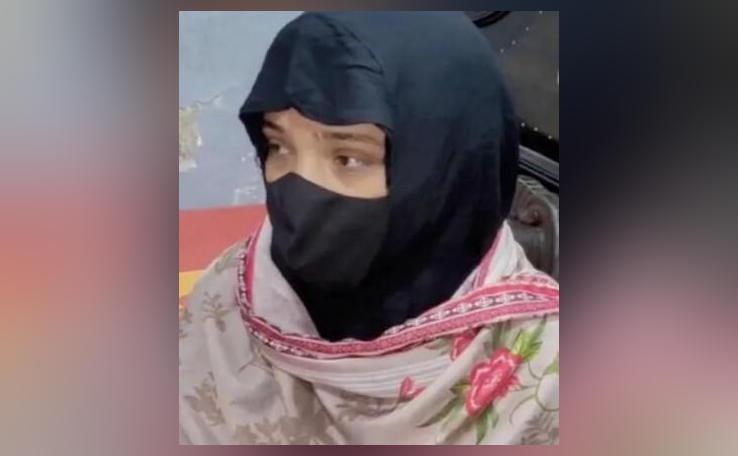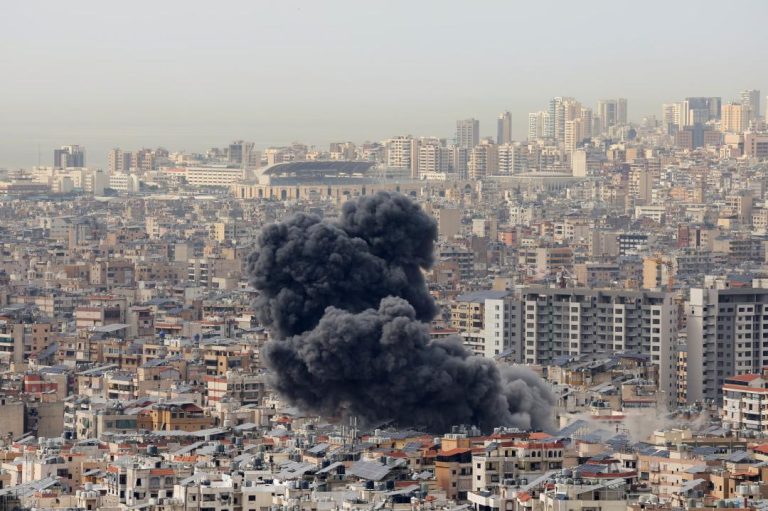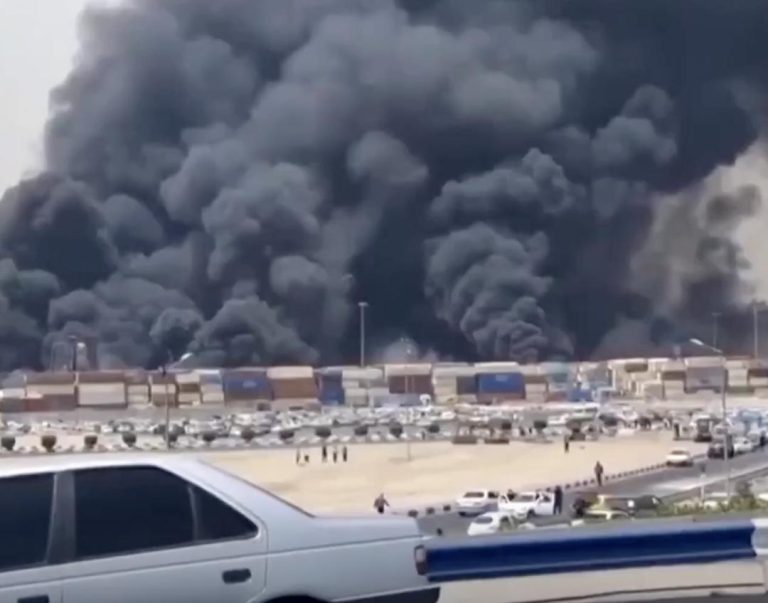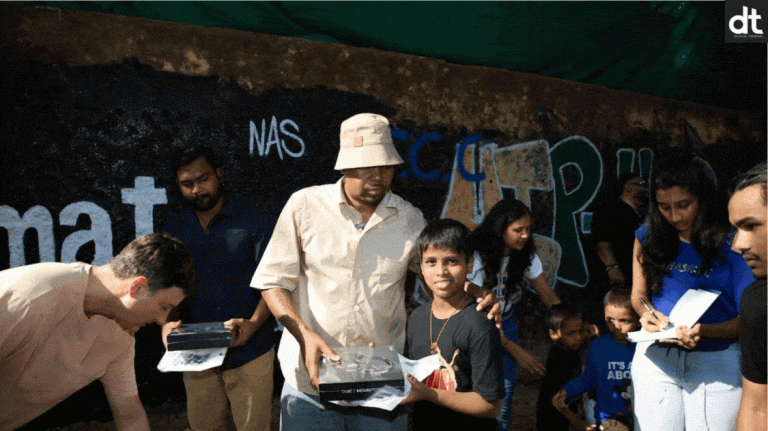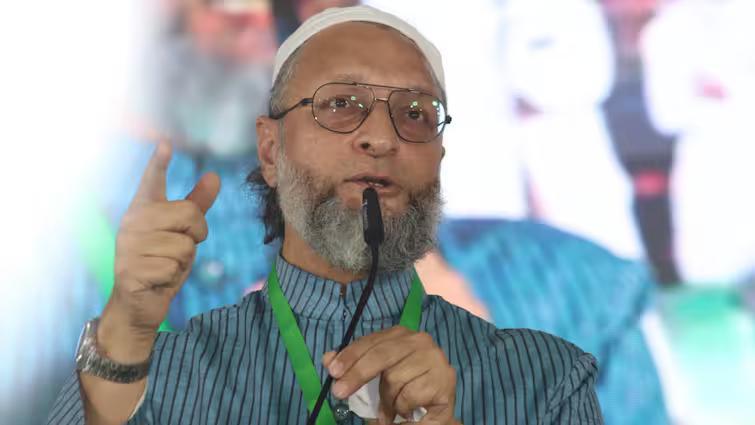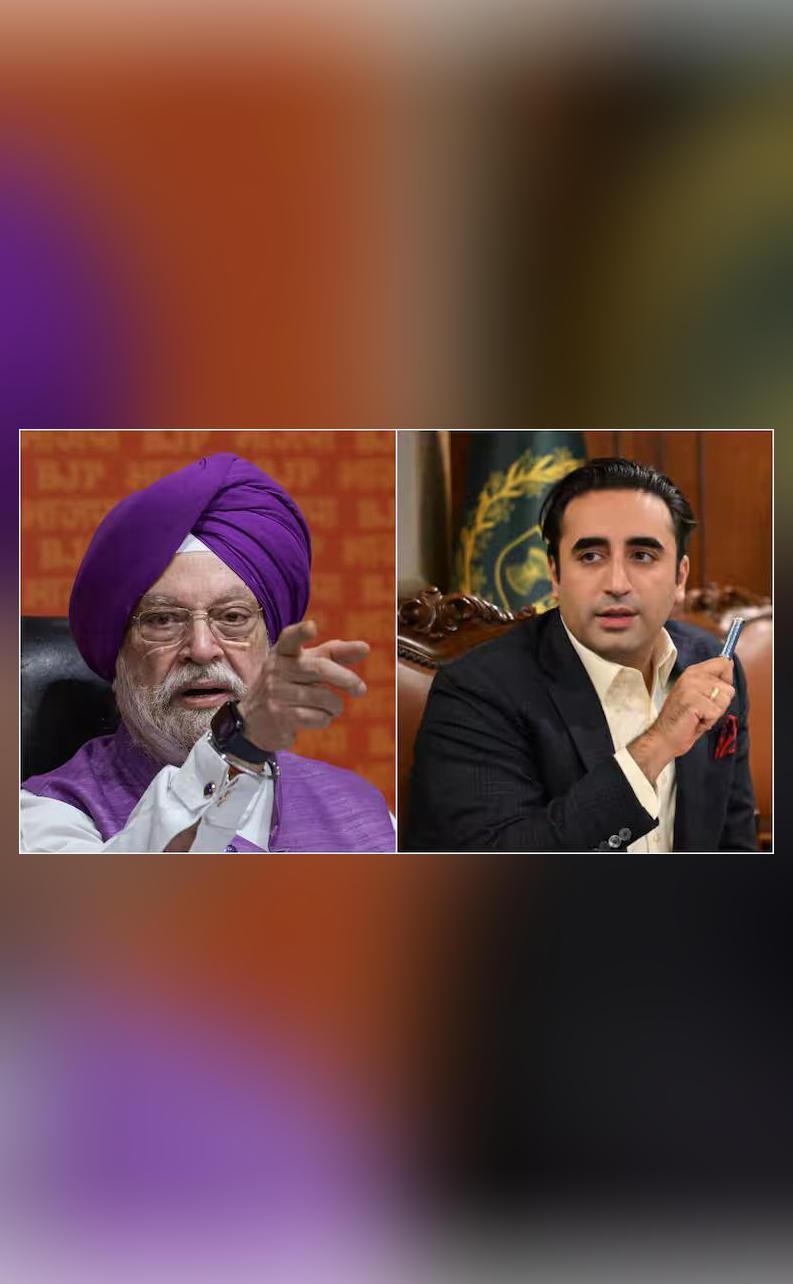
Look at what PM Modi said & wait for few days: Puri to Pak leader
The recent Pahalgam attack, which resulted in the killing of three labourers, has sent shockwaves across the country. In the aftermath of the attack, Union Minister Hardeep Singh Puri has issued a stern warning to Pakistan, cautioning them to be prepared for a strong response from India. Puri’s remarks came in response to a provocative statement made by Pakistani politician Bilawal Bhutto, who threatened India with “blood and water” over the country’s decision to suspend the Indus Waters Treaty.
Puri’s warning was direct and unambiguous, saying, “Look at what PM Narendra Modi said in Bihar…and wait for a few days.” Modi had earlier stated that India will identify, track, and punish every terrorist and their backers, leaving no stone unturned in its pursuit of justice for the victims of the Pahalgam attack.
It is clear that Puri was referring to Modi’s statement, which sent a strong message to Pakistan that India will not tolerate any further attacks on its soil. The statement was seen as a clear warning to Pakistan to rein in its terrorist organizations and stop supporting terrorism. Puri’s warning was in line with Modi’s statement, emphasizing that India will take all necessary steps to protect its citizens and punish those responsible for the attack.
The Pahalgam attack was a stark reminder of the ongoing threat posed by terrorism to India’s national security. The attack was carried out by terrorists, who targetted a group of labourers working on a construction site in Pahalgam. The attack was condemned by all sections of society, with political leaders and citizens alike demanding strong action against those responsible.
Pakistan’s response to the attack was predictable, with its leaders resorting to their usual tactic of denying any involvement in the attack. However, India has refused to buy into Pakistan’s denials, with the government terming the attack a “terrorist act” and suspending the Indus Waters Treaty until Pakistan takes meaningful action against terrorist organizations operating on its soil.
The suspension of the Indus Waters Treaty is a significant development, as it has far-reaching implications for India-Pakistan relations. The treaty, which was signed in 1960, governs the sharing of the waters of the Indus River and its tributaries between India and Pakistan. The suspension of the treaty is a strong message to Pakistan that India will not tolerate any further attacks or terrorism on its soil.
Pakistan’s response to the attack has also been criticized by many, including opposition leaders in India. The country’s politicians have been accused of being soft on terrorism and failing to take concrete action against terrorist organizations operating in the country. The Pakistani government’s denial of any involvement in the attack has been seen as a clear attempt to shift the blame and avoid taking responsibility for the attack.
In the context of the ongoing tensions between India and Pakistan, Puri’s warning to Pakistan is significant. It sends a strong message to Pakistan that India will not tolerate any further attacks or terrorism on its soil, and that it is prepared to take all necessary steps to protect its citizens. The warning is also seen as a clear message to Pakistan’s terrorist organizations that they will be held accountable for their actions.
The Pahalgam attack and the subsequent warning by Puri have highlighted the need for India to take a strong stance against terrorism. The country’s national security is under threat from terrorist organizations operating in Pakistan, and it is essential that the government takes concrete action to protect its citizens.
In conclusion, Puri’s warning to Pakistan is a clear indication of India’s determination to take a strong stance against terrorism. The country will not tolerate any further attacks or terrorism on its soil, and it is prepared to take all necessary steps to protect its citizens. The warning is also a clear message to Pakistan’s terrorist organizations that they will be held accountable for their actions.
